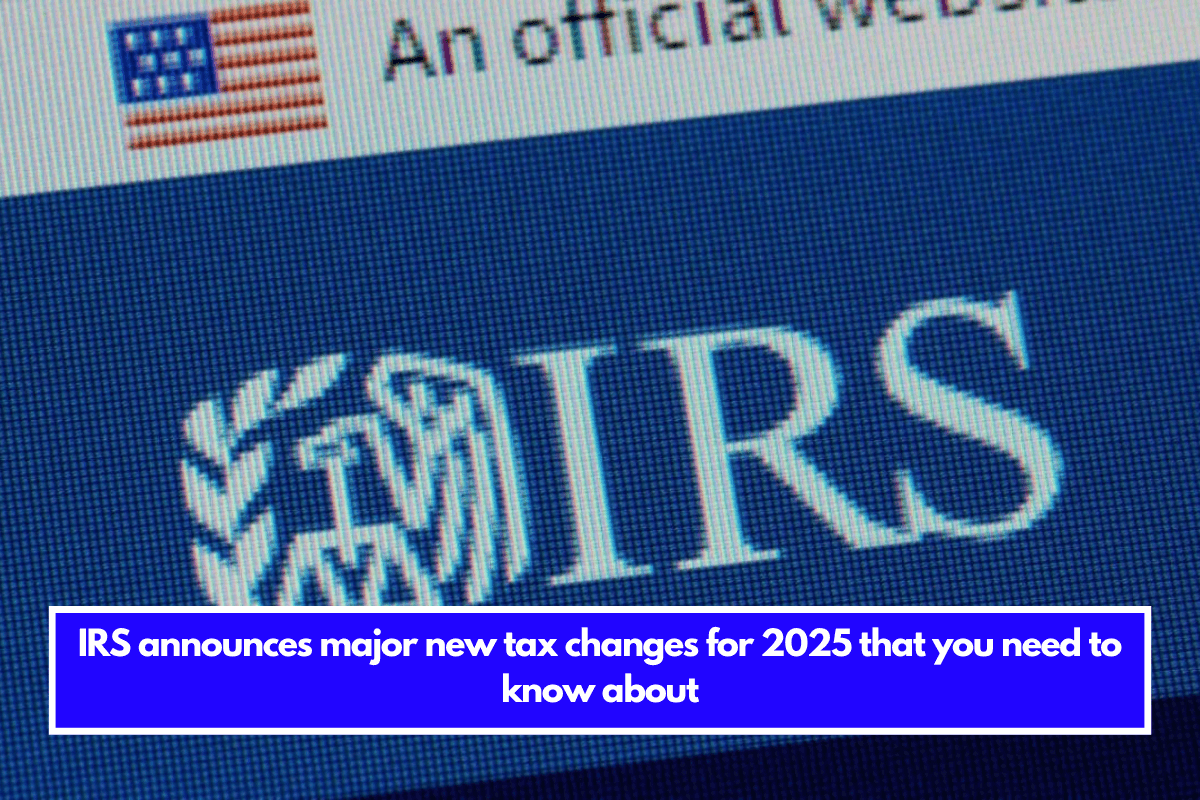Social Security undergoes annual updates that impact millions of beneficiaries. Staying informed about these changes helps recipients plan their finances more effectively. For 2025, several adjustments to Social Security benefits, maximum payments, and taxation are in focus.
2025 COLA
The most anticipated change each year is the Cost-of-Living Adjustment (COLA), designed to help beneficiaries keep pace with inflation. For 2025, the COLA is set at 2.5%, calculated using the Consumer Price Index for Urban Wage Earners and Clerical Workers (CPI-W) from the third quarter of the previous year.
How COLA Impacts Benefits
| Beneficiary Type | Average Benefit (Before COLA) | Average Benefit (After COLA) | Additional Income |
|---|---|---|---|
| Retired Workers | $1,924 | $1,972 | $48 |
| Spouses | $910 | $933 | $23 |
| Survivors | $1,509 | $1,547 | $38 |
| Disabled Workers | $1,542 | $1,581 | $39 |
These adjustments take effect in January 2025, providing beneficiaries with additional monthly income to counter rising living expenses.
Maximum Social Security Benefit
The maximum Social Security benefit also increases annually, influenced by the COLA and taxable income limits. To qualify for the maximum benefit, individuals must:
- Have worked at least 35 years earning the maximum taxable income each year.
- Delay claiming benefits until their full retirement age or later (up to age 70).
Maximum Benefit by Claiming Age
| Claim Age | Maximum Benefit (2025) |
|---|---|
| 62 | $2,831 |
| 65 | $3,374 |
| 66 | $3,795 |
| 67 | $4,043 |
| 70 | $5,108 |
Claiming benefits early reduces the monthly amount, while delaying until age 70 maximizes the payout.
Taxation of Social Security Benefits
While Social Security benefits themselves are not federally taxed, a beneficiary’s combined income determines how much of their benefits are taxable. Combined income includes:
- Adjusted Gross Income (AGI)
- Nontaxable Interest
- One-Half of Social Security Benefits
Taxation Thresholds
| Taxable Portion of Benefits | Single Filers | Joint Filers |
|---|---|---|
| 0% | $25,000 or less | $32,000 or less |
| 50% | $25,000 to $34,000 | $32,000 to $44,000 |
| 85% | $34,000 or more | $44,000 or more |
Why More Beneficiaries Are Taxed
Taxation thresholds have remained unchanged since 1984, while Social Security benefits have risen with inflation. This discrepancy has increased the number of beneficiaries paying taxes on their benefits.
Efforts to eliminate Social Security taxation, including proposals by lawmakers like Rep. Angie Craig and statements from President-elect Donald Trump, face political and financial hurdles. With a projected $22.6 trillion funding shortfall for Social Security by 2098, any tax changes are unlikely in the near term.
Road Ahead
Significant changes to Social Security are anticipated closer to the program’s projected trust fund depletion in 2035. Potential solutions include:
- Increasing the retirement age.
- Adjusting benefits.
- Revising taxation policies.
Historically, Congress has delayed addressing Social Security issues until action becomes unavoidable. Beneficiaries should prepare for potential reforms that could affect their benefits in the coming years.
Social Security adjustments for 2025, including the 2.5% COLA, increased maximum benefits, and unchanged taxation thresholds, reflect ongoing efforts to adapt the program to economic realities. Staying informed about these changes and their impact on your finances can help you make informed decisions for a secure retirement.
FAQs
What is the COLA for 2025?
The COLA for 2025 is 2.5%, effective January.
How is the COLA calculated?
It uses the CPI-W from the third quarter of the prior year.
What is the maximum Social Security benefit in 2025?
The maximum benefit is $5,108 for those who claim at age 70.
Are Social Security benefits taxed?
Not directly; taxes depend on your combined income.
Will Social Security taxation thresholds change?
No changes are planned for 2025.



















